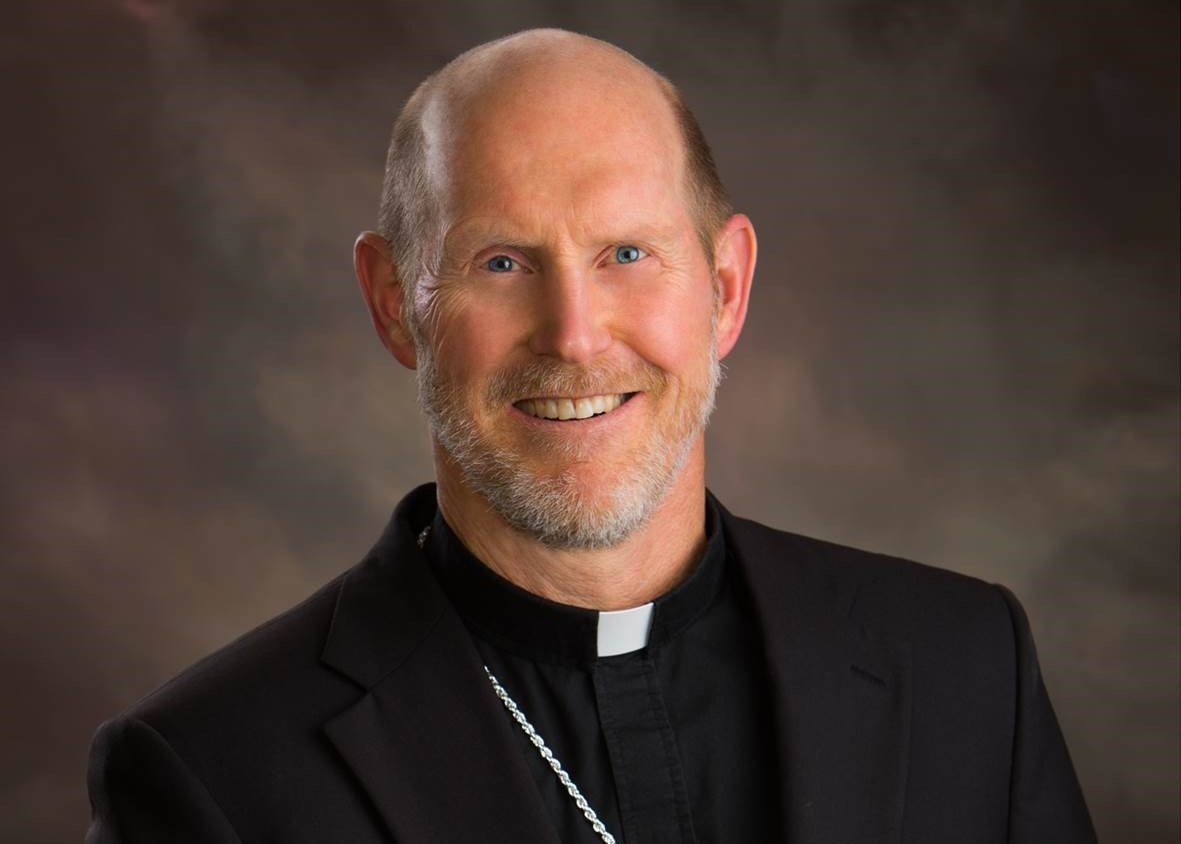By Bishop Thomas R. Zinkula, Catholic News Service
“Forming Ourselves in Synodality” is the 10th and final thematic nucleus presented in the preparatory document and the “vademecum.” The prior thematic nuclei, such as companions on the journey, listening, celebration and ecumenism, refer to concrete experiences.
These experiences are fertile ground for a reflection on how we might form ourselves in synodality. We do not begin with the abstract notion of synodality and then seek to implement it. Rather, we begin as members of living faith communities and, from this experiential starting point, discern how we might become ever more faithful to the calling of the Holy Spirit.
The “vademecum” uses the following language when it considers “Forming Ourselves in Synodality”:
“Synodality entails receptivity to change, formation, and ongoing learning. How does our church community form people to be more capable of ‘walking together,’ listening to one another, participating in mission and engaging in dialogue? What formation is offered to foster discernment and the exercise of authority in a synodal way?”
This reflection will focus on the first sentence: “Synodality entails receptivity to change, formation and ongoing learning.”
“Change.” Openness to the possibility of change, or conversion, begins in the context of relationships. We recognize the possibility of change, not as something extrinsic or superimposed, but as an invitation to personal and communal fulfillment. We hear and respond to the call, “Follow me.” Change, both personal and institutional, involves a response to a summons.
We find ourselves more receptive to change, personally and institutionally, if we first have genuinely and humbly listened to the experience of others. Receptivity to the experience of others as real and meaningful, and not as artificial or less valuable than our own experience, is the precondition for receptivity to change in ourselves. We must, as Pope Francis encourages us, “remove our sandals before the sacred ground of the other” in the “art of accompaniment” (“Evangelii Gaudium,” 169).
“Formation.” We are all, always, being formed into the people we are becoming. Formation comes by way of action. It also comes by way of prayer. Both are formative. Moreover, formation occurs in the context of community, and yet, it is us and the Holy Spirit who are the principal agents of our formation (“Co-workers in the Vineyard of the Lord,” 52).
We must be hungry for formation. The synod is a historic opportunity for the formation of individuals, local parishes, and the Church writ large precisely because of the experience itself. It calls us to listen to one another as we journey together with affection and care, like the disciples on the road to Emmaus.
Furthermore, we will be formed in the spirit of synodality in the degree to which we engage in reflection upon our experience of the synod. We should not simply “do the synod” and then forget the disciplines it called us to. Rather, we should let this experience inform our future activities. This will be occasioned by a patient discernment marked by a desire to accompany, to listen, to know, to love and to give our lives over to Christ.
“Ongoing learning.” In our culture, we run the risk of reducing the process of learning to dwelling in the realm of ideas. Ongoing learning is not simply memorizing facts about Church history or doctrine, as important as that may be. These facts, however, are not the whole picture. They are merely elements of a foundation. The life of faith is an open and dynamic relationship with a God who calls us to an ever newer life, an ever wider horizon of awareness of how we are to follow the most basic and essential of commands: “Love one another as I have loved you.”
The synod calls us to a learning rooted in openness to new experiences and discernment. This is the kind of learning Pope Francis called us to in his encyclical on caring for creation when he wrote: “Our goal is not to amass information or to satisfy curiosity, but rather to become painfully aware, to dare to turn what is happening to the world into our own personal suffering and thus to discover what each of us can do about it” (“Laudato Si’,” 19). Francis has given us a distinctly Catholic and synodal environmental ethic, one which deepens our attentiveness to lived experience and our relationship with God though creation. This is the kind of ongoing learning to which the synod calls us.
In closing, “Forming Ourselves in Synodality” will directly enhance the Church’s mission of evangelization. The evangelizing mission of the Church does not take place in a vacuum. It takes place in a context and a culture. Forming ourselves in synodality will equip us to better face the challenges of our time, to respond to the Spirit’s promptings in our hearts, and to live out this essential mission of the Church, a mission which seeks a unique expression in the complexity of the 21st century.







